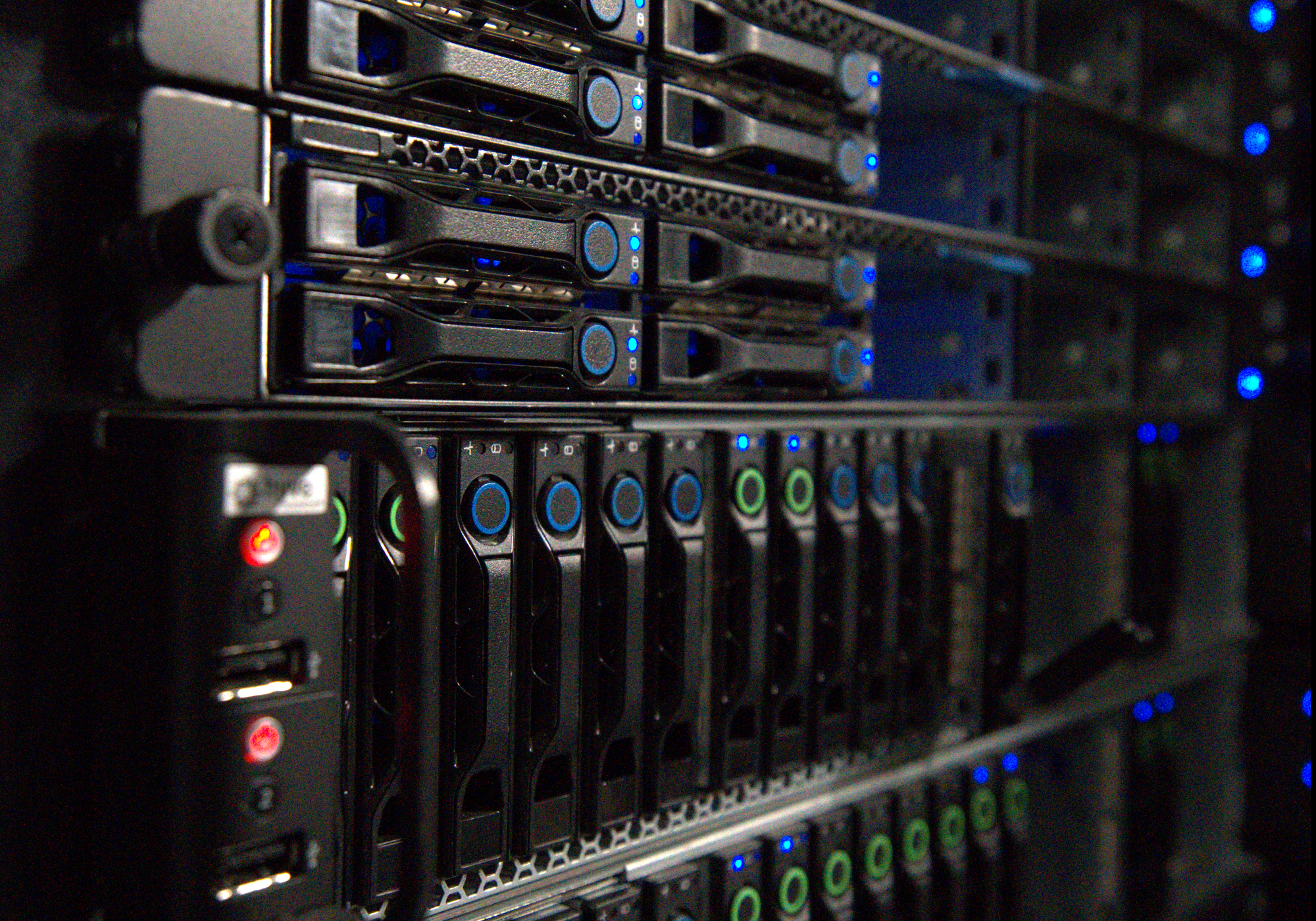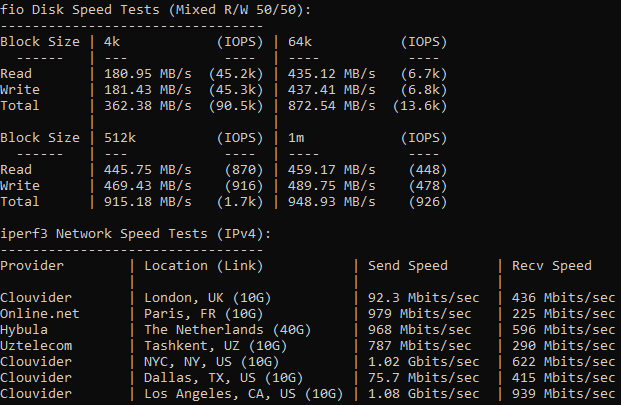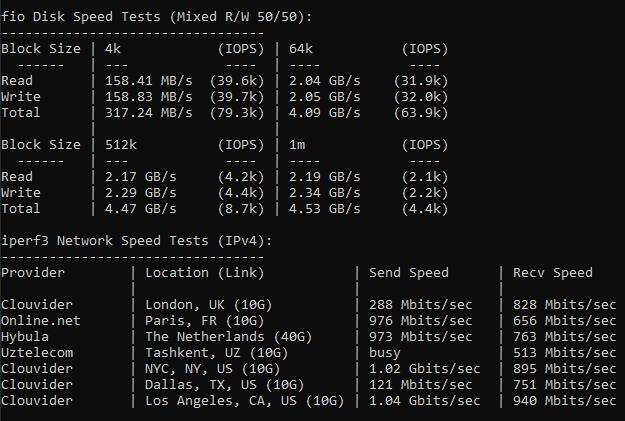NVMe vs SSD: Does it matter for your VPS?

When looking for a virtual private server (VPS), you’ll likely come across two main types: NVMe VPS and SSD VPS. While both offer great performance and reliability (especially compared to HDDs), they have their own unique advantages and disadvantages. Here, we’ll compare NVMe VPS and SSD VPS, and discuss the pros and cons of each.
NVMe
NVMe has one major advantage over SSDs. NVMe provides faster read and write speeds, as the technology uses a PCIe bus and a number of advanced features to facilitate communication between the CPU, storage, and RAM. NVMe can be as much as ~7 to 10x faster than a comparable SSD setup. This makes NVMe the ideal choice for applications that require the highest levels of performance.
While NVMe VPS does have a major speed advantage, it does come with one pretty big drawback: cost. NVMe disks are usually significantly more expensive than a comparably sized SSD. Additionally, NVMe disks in a hypervisor are not as widely available as an SSD disk, as many VPS hosting providers do not yet offer it as an option.
SSD
SSDs have become popular in recent years due to the fact that they offer great performance at a more affordable price than a comparable NVMe VPS. Additionally, SSD VPSes are more widely available than NVMe VPSes, as it is supported by most VPS providers at the time of writing. On top of this, SSD VPSes still provide significantly faster read and write speeds than traditional spinning hard disk drives, making it still a viable choice for many (most) applications that require fast data access. You're likely to see 2 or 3 times the amount of disk space offered on a similarly-priced VPS plan using SSDs compared to NVMe drives.
Despite its cost and size advantages, SSDs do come with a few drawbacks. The biggest is simply speed. SSDs do not provide the same levels of read and write speeds as NVMe based VPSes, making it a less attractive option for applications that require the highest levels of performance. Of course as more time passes and NVMe drives become more common, prices will start to come down and you'll soon be getting SSD-sized and priced storage plans with NVMe drives.
So, does it matter for me?
NVMe VPSes and SSD VPSes both offer great performance and reliability, but each has its own unique advantages and disadvantages. NVMe VPS plans are the ideal choice for applications that require the highest levels of performance. However, many people vastly overestimate the amount of performance that they actually need. If the prices are the same, of course choose NVMe but that is almost never the case. It is usually more expensive than SSD VPS plans and not as widely available. SSDs are still fast and more cost-effective so you're likely to end up with significantly more storage space per dollar spent. To give you an idea of the comparable speeds, take a look at some YABS benchmark results from our legacy RAID-10 SSD and RAID-1 NVMe servers.


As you can see, even with the RAID-10 advantage to the SSDs, the NVMe drives are still almost 5x faster in throughput and IOPS. Now, for the majority of VPS user needs this speed difference becomes nothing more than bragging rights. When this starts to noticeably matter is as a hosting provider fills up their VPS hypervisors and more people are all trying to run things and access the disks at the same time, you have a lot less headroom with the SSDs. Any reliable provider will still keep an eye on things and balance it, but you can start to see how this results in slowdowns and data queues for your applications running on SSDs.
For a personal website, a hobby game, or other non-production uses SSDs are still likely going to be the best bang for your buck.
Businesses with high-performance applications, web-based services, or websites that need the best possible speed should be looking for NVMe based VPS providers. This is especially true now that your page speed and mobile page loading times directly affects your SEO ranking. Additionally, NVMe should reduce your dwell time which also helps your SEO.

